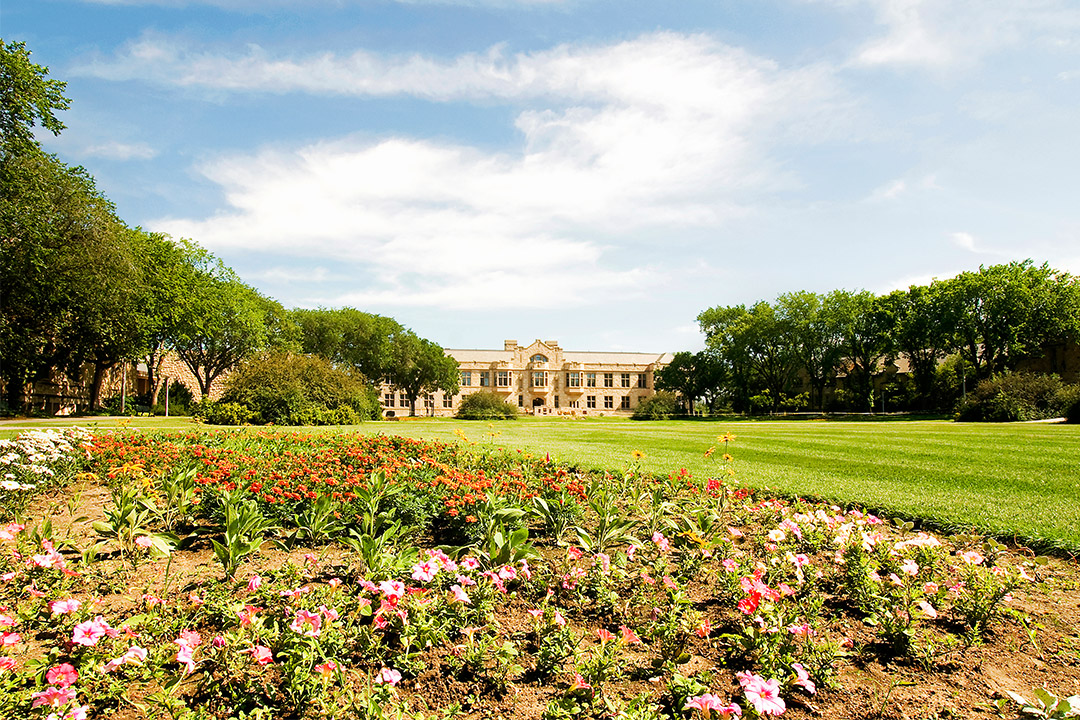
USask ranks as one of the top global leaders in sustainability ranking
SASKATOON – The University of Saskatchewan (USask) placed 96th overall in the world—and as high as fourth and twelfth in certain categories—in the 2020 Times Higher Education (THE) University Impact Rankings, which measure the success of universities around the world in advancing the United Nations’ Sustainable Development Goals (SDGs).
Included in these rankings—which received submissions from 859 institutions from 89 countries—is a fourth place ranking measuring agriculture and food security and 12th in good health and wellbeing.
“This is an excellent achievement for USask in such a globally critical areas,” said Peter Stoicheff, USask president and vice-chancellor. “We are proud to be recognized for our sustainability efforts as an institution because sustainability is central to our mission, vision and values.”
According to the United Nations, the SDGs are “the blueprint to achieve a better and more sustainable future for all. They address the global challenges we face, including those related to poverty, inequality, climate change, environmental degradation, peace and justice.” The United Nations seeks to achieve the SDGs by 2030.
Of the 17 SDGs, USask submitted extensive information for 11 of the goals for the THE ranking, and ranked in the top 15 in two areas: Zero Hunger (fourth) and Good Health and Wellbeing (12).
“Zero Hunger is related to how the food and agriculture sectors can help address the world’s critical hunger challenges,” said Stoicheff. “We are global leaders in food security, crop development and agriculture research, and are being recognized globally for this leadership.”
The SDG for Good Health and Wellbeing looks at healthy living and well-being for all ages.
Additionally, USask ranked in the top 100 in the following categories:
- Life Below Water (38) measures universities’ research on life below water and their education on and support for aquatic ecosystems.;
- Clean Water and Sanitation (tied for 56) measures universities’ research related to water, their water usage and their commitment to ensuring good water management in the wider community;
- Peace, Justice and Strong Institutions (67) measures universities’ research on law and international relations, their participation as advisers for government and their policies on academic freedom; and
- Sustainable Cities and Communities (tied for 79) measures universities’ research on sustainability, their role as custodians of arts and heritage and their internal approaches to sustainability.
Each SDG is assessed by THE examining three broad areas—research, outreach and stewardship—in order to provide comprehensive and balanced comparisons.
“Rankings such as these indicate we are in step with global priorities,” Stoicheff said. “We aspire to be the university the world needs, and these results can help guide that journey.”
More information about the THE Impact Ranking results can be found here and methodology can be found here.
-30-
For more information, contact:
Victoria Dinh
Communications and Media Relations Co-ordinator
University of Saskatchewan
306-966-5487
victoria.dinh@usask.ca

